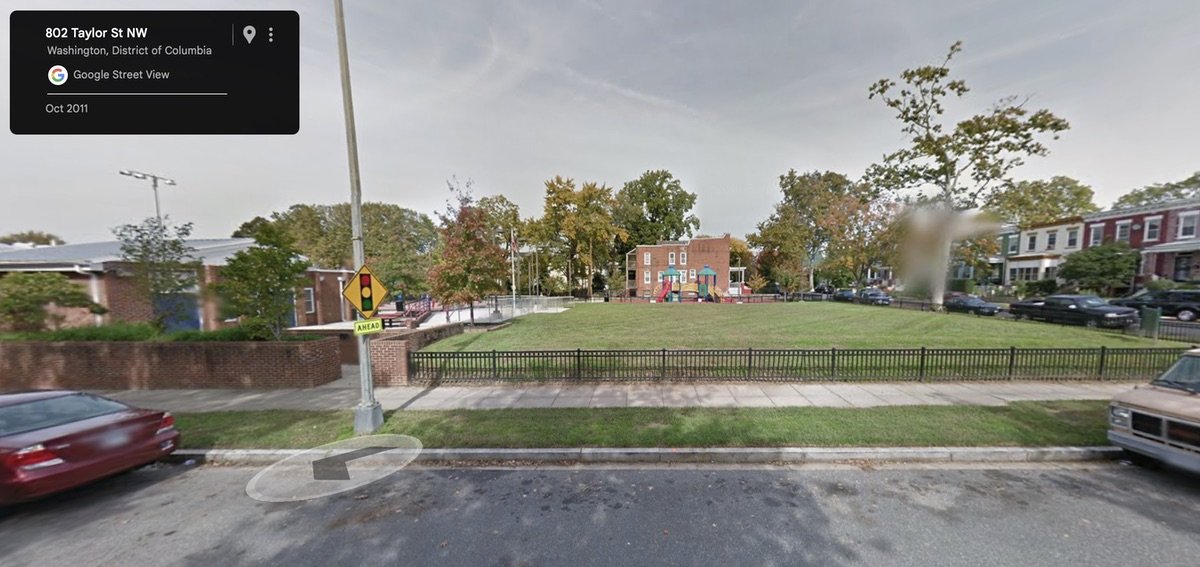Understanding the value of transforming your basement into an ADU that generates money [sponsored]
/From rough basement to finished apartment.
by Sameh Raouf
President of GPC Construction Inc.
guest contributor
In the dynamic real estate landscape of DC, where homeowners are constantly seeking ways to maximize their property’s value, accessory dwelling units, or ADUs, are on the rise. One increasingly popular method involves underpinning the basement or crawl space to create a separate basement apartment. This offers the benefit of adding living space and significant value to your home, as well as adding functionality for an au pair or an in-law suite. Transforming your unused space can also create a revenue stream if you choose to rent out the new apartment and can provide a higher resale value in the future.
Let's explore your options within this transformative process and how it compares to other housing options in the nation’s capital.
The Value Proposition
In late 2016, DC’s City Council passed zoning laws that made it easier for homeowners to build new ADUs. Imagine converting an unused, neglected basement or crawl space into a fully functional, income-generating apartment in a prime location like Petworth. The advantages and potential benefits are almost real: increased property value, rental income and the flexibility of having additional living space without the hefty price tag of purchasing a new condo or apartment in DC’s fiercely competitive market.
Before
After
To find out what type of ADU you can add to your residential home, you should determine the specific zone where you live. In some cases, your search result might specifically tell you if your house is eligible for an ADU.
Underpinning the foundation entails extending the footers beneath your existing home to erect new foundation walls, effectively enlarging your usable square footage. This approach is often more cost-effective than buying a new property, with the overall costs averaging around $300,000 for the entire process. This would include design, local permits, underpinning and finishing construction — creating a legally recognized ADU. Compared to the exorbitant prices of new construction or buying another property, exceeding $1,000,000 in District, this investment offers substantial savings and long-term value.
A finished bathroom in a renovated basement
Understanding the Costs
It is important to understand the costs versus the benefits to ensure you are adding equity to your home. Let’s begin by breaking down the costs further:
The underpinning and foundation scope of work alone can range from $80,000 to $150,000, depending on factors such as the basement's size and the complexity of excavation required.
Design and local permit costs typically range from $8,000 to $15,000, covering architectural, engineering and geotechnical report fees.
Additionally, city fees must be factored into the overall budget and are usually a percentage of the total construction costs (2% to 5%).
Before
After
As this type of project is a huge undertaking, it cannot be understated — it is important to do your research and pick a knowledgeable general contractor, like GPC, with a proven-track record in the DMV.
The Underpinning Process
The underpinning process is intricate and demands a highly skilled team to execute the job effectively. It begins with excavating beneath the existing house, creating small pits (3 ft to 5 ft) to be underpinned sequentially. Reinforcing steel (rebar) is then installed, and soil testing ensures stability before concrete is poured. Concrete strength undergoes continual sampling and testing over several months to ensure structural integrity throughout the project. Safety is always a top priority.
Building Your Team
A successful underpinning project hinges on assembling the right team:
General Contractor: GPC oversees the project from start to completion, coordinating with all stakeholders, including the DC government offices involved.
Architect: Designs the layout and structural modifications for the apartment / ADU.
Engineering: Ensures structural integrity and compliance with DC’s building codes.
Testing and Inspection Company: Monitors soil stability, concrete strength, and overall project adherence to local laws.
Underpinning your basement to create a separate, legal living space within the District is a long-term, strategic investment that offers financial benefits and lifestyle advantages. With careful planning; a dedicated and qualified contractor such as GPC, and adherence to DC’s regulatory standards, you can unlock the hidden potential of your home, increase its value, and earn extra monthly income while staying in Petworth.
You can learn more about the basement underpinning process on the GPC blog: Basement Underpinning - A comprehensive guide to strengthening your foundation.
Schedule a Consultation with GPC >
Helpful Resources:
Find Your Zone (map)
Zoning Handbook: Residential Flat Zone RF-1
Want to add a small apartment to your house in DC? (Greater Greater Washington)
Use Permissions Zoning Regulations (see 253: Accessory Apartment (R) on page 25)
Certificate of Occupancy - DCDOB
Two Family Rental License - DLCP























